PARALYSIS RESOURCES
More than 600 of the best Internet resources
on paralysis and spinal cord injury
REAL PEOPLE,
|
play_arrow

play_arrow
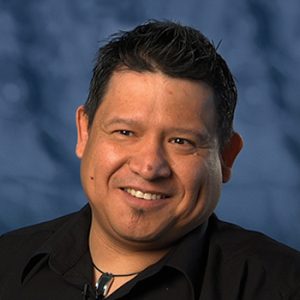
play_arrow

play_arrow

play_arrow
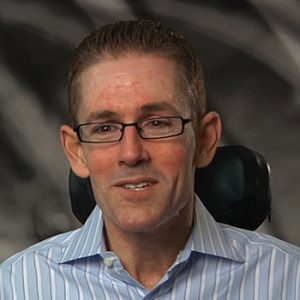
play_arrow

play_arrow

play_arrow

play_arrow
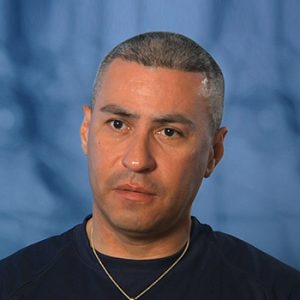
play_arrow
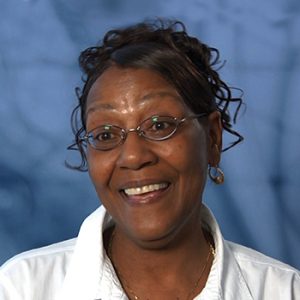
play_arrow
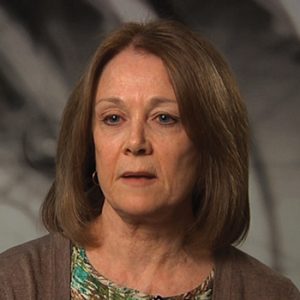
play_arrow
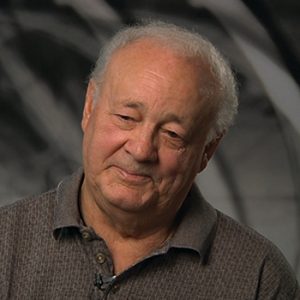
play_arrow

play_arrow

play_arrow

play_arrow
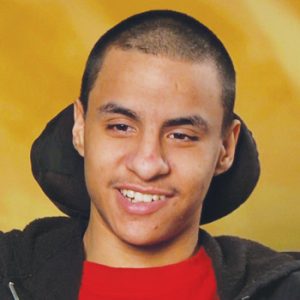 |
WHAT THE
|
play_arrow
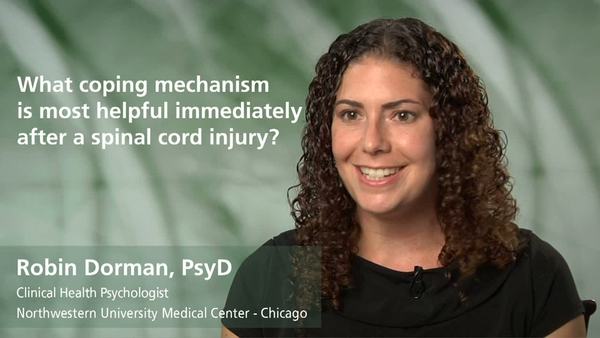
play_arrow
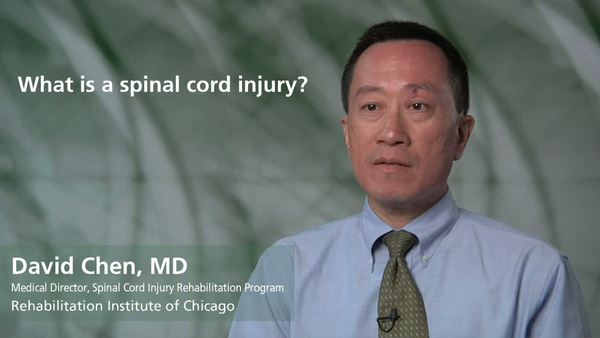
play_arrow
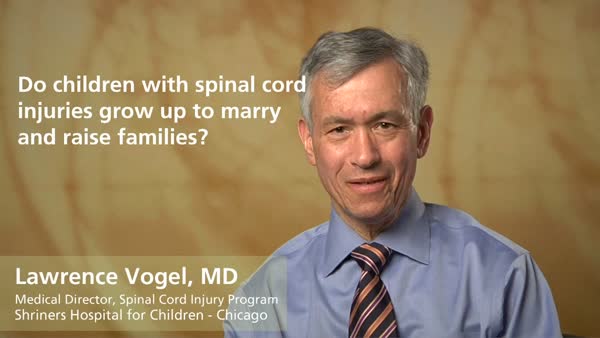
play_arrow
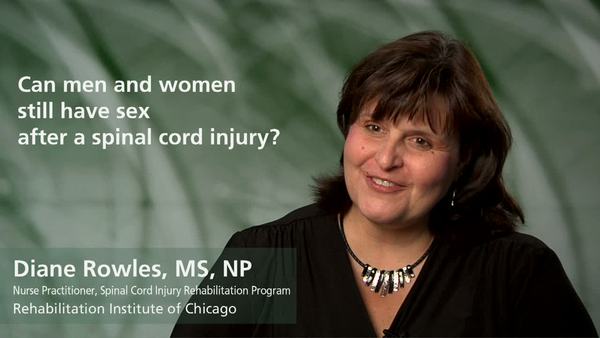 |
ANIMATED SCI LEVELS CHARTMouse over the spinal column to see how the level of injury affects loss of function and control |
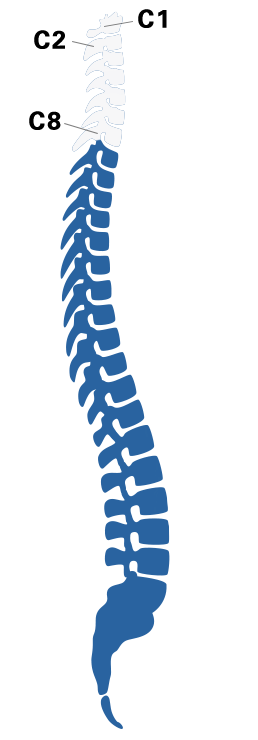
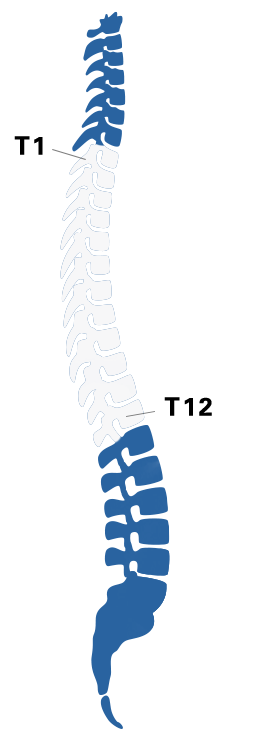
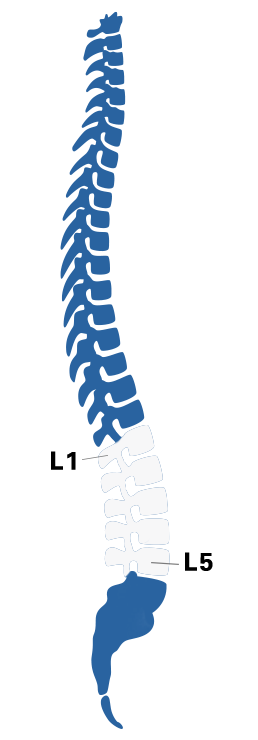
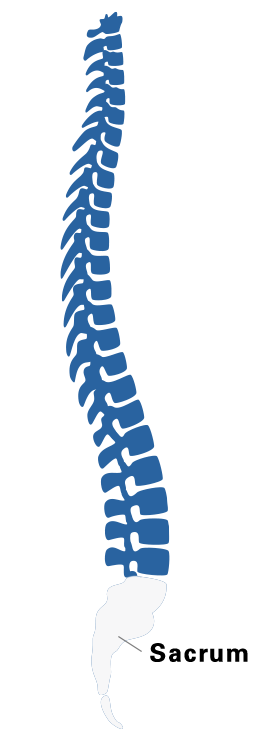
|
Cervical InjuriesCervical injuries above the C-4 level may require a ventilator for the person to breathe. C-5 injuries often result in shoulder and biceps control, but no control at the wrist or hand. C-6 injuries generally yield wrist control, but no hand function. Individuals with C-7, C-8 and T-1 injuries can straighten their arms, but still may have problems with their hands. |
Mouse over the spinal column to see how the level of injury affects loss of function and control
Cervical injuries above the C-4 level may require a ventilator for the person to breathe. C-5 injuries often result in shoulder and biceps control, but no control at the wrist or hand. C-6 injuries generally yield wrist control, but no hand function. Individuals with C-7, C-8 and T-1 injuries can straighten their arms, but still may have problems with their hands.
The first thoracic vertebra, T-1, is located approximately at the same level as the top rib. Injuries to nerves in this region usually affect the chest and the legs, and result in paraplegia. For injuries from T-1 to T-8, there is usually control of the hands but lack of abdominal muscle control. (Individuals with injuries from T-1 to T-6 are also at risk for Autonomic Dysreflexia)
Injuries to nerves in the area of L-1 to L-5 generally result in some loss of functioning of the hips and legs. Bowel, bladder and sexual function may also be impacted.
The sacrum runs from the pelvis to the end of the spinal column. Injuries to nerves in this area generally result in some loss of functioning of the hips, legs, ankles, and feet. Loss of control of bowel and bladder and sexual functions is also common.
Facing Disability Blog10 Most Wheelchair-Accessible Cities
The Christopher and Dana Reeve Foundation has compiled a list of the top 10 wheelchair-accessible cities in the United States. While freedom of access and opportunity is a legal right for all Americans, it remains a dream for some due to the lack of wheelchair-accessible options in services, travel, businesses, and more. However, cities are increasingly recognizing the need to address these issues and are working to make opportunities more inclusive. Read More |
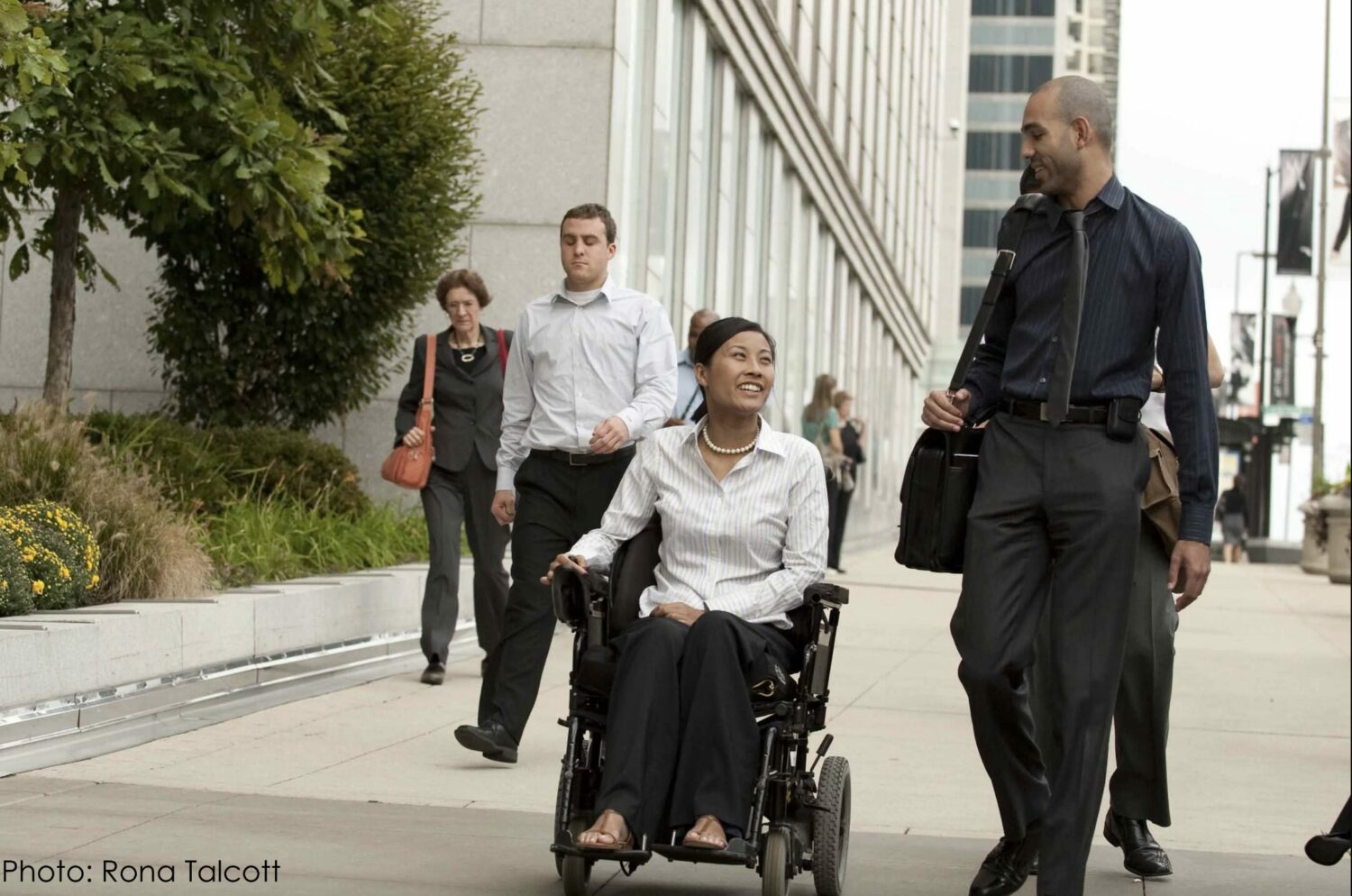 |
SIGN UP FOR
|

|
FacingDisability presents current information on spinal cord injury which has been developed by working with medical experts at major hospitals universities and rehabilitation institutions. They include: Shirley Ryan AbilityLab, Chicago; Harvard Spaulding Medical Center, Boston; Shepherd Center, Atlanta; Craig Hospital, Denver; Mayo Clinic, Rochester, MN. FacingDisability staff members serve on committees of the Model Systems Knowledge Translation Center (MSKTC) of the National Institutes of Health (NIH) and The National Institute on Disability and Independent Living (NIDLRR). Spinal cord injury medical experts who are interviewed on FacingDisability.com come from: Shirley Ryan AbilityLab, Chicago; Craig Hospital, Denver; Shepherd Center, Atlanta; Magee Rehabilitation Hospital, Philadelphia; Shriners Hospital for Children, Chicago; TIRR Memorial Hermann, Houston; VA Palo Alto Health Care System, CA; Memphis VA Medical Center, TN; University of Michigan, Ann Arbor; MedStar National Rehabilitation Hospital, Washington, D.C.; |
VA Boston Healthcare System; Rehabilitation Institute of Kansas City, Missouri; Case Western University, Cleveland; Clement J. Zablocki VA Medical Center, Milwaukee; Thomas Jefferson University, Philadelphia; Arkansas Spinal Cord Injury Commission, Little Rock; VA Puget Sound Health Care System, Seattle; School of Public Health, Indiana University. Personal interviews of people living with spinal cord injury were recorded by FacingDisability in Chicago, Philadelphia, Atlanta, New Orleans, and California. FacingDisability is regularly invited to make presentations at the national meetings of spinal cord injury associations: Academy of Spinal Cord Injury Professionals (ASCIP), American Spinal Injury Association (ASIA), Rehabilitation Psychology Conference, The International Spinal Cord Injury Society (ISCoS), American Congress of Rehabilitation Medicine (ACRM) and at the Paralyzed Veterans of America Summit (PVA). FacingDisability.com is funded by the Hill Foundation, a 501(c) (3) non-profit. |